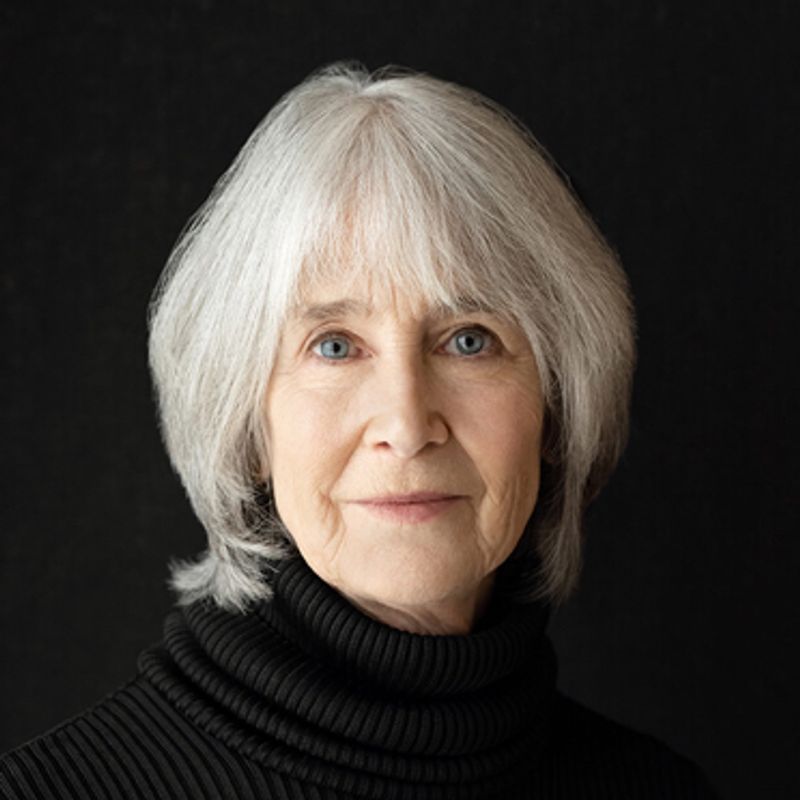‟Roxana Robinson’s stunning new novel, Leaving, cost me some sleep, and continues to reverberate. A study of the complex joy and pain of late-life love, it is a tour de force and arguably her finest work yet.

Roxana Robinson is the author of eleven books—seven novels, three collections of short stories, and the biography of Georgia O’Keeffe. Four of these were chosen as New York Times Notable Books, three as New York Times Editors’ Choices. Her fiction has appeared in The New Yorker, The Atlantic, Harper’s, Best American Short Stories, The Southampton Review, Ep!phany and elsewhere. Her work has been widely anthologized and broadcast on NPR.
Author photo by Beowulf SheehanPraise for Leaving
‟Leaving is a passionate portrait of marriages, of parenthood (early and late), and the tectonic shifts of family life. Roxana Robinson brings her wit, her beautiful sentences, and her compassionate clarity to this book about the price of love and the enduring need for it.
‟What does love demand of us, and who must pay the price? Leaving is a searing interrogation of honor and passion. It dissects the hidden cost of the choices we make, and the consequences with which we must endeavor to live.
‟If to the combustible elements of passion, honor, love, and art, you add the complexities of modern parenting, you get the conflagration that is Leaving. Compelling, heart-stopping, and all too believable, this is marvelous read.
‟Roxana Robinson delivers an insightful and haunting meditation on the boundaries of love.
‟A remarkable novel—a quietly expansive story, in which elements of love and family coalesce and escalate into tragedy. Leaving has a plot in which surprises abound, as broken conventions lead to menace and threat. A triumph of a book.
‟Elegantly structured and written, shimmering with feeling and truth. A triumph.
‟Roxana Robinson’s brilliant and utterly absorbing new novel Leaving charts an unprecedented passage through the depths of emotional complexity andhugo character to ask the questions What is a family? What is love? and What do we owe to ourselves? I could not put it down.
‟Leaving is as absorbing as it is haunting, powered by Roxana Robinson’s deep understanding of ambiguities, allegiances, and the lengths people must sometimes go to navigate them.
